How to stop a dog from whining and barking in the early hours of the morning
A dog with an early routine is one thing — but a dog who occasionally decides to beat the birds up at dawn can be trickier to deal with.

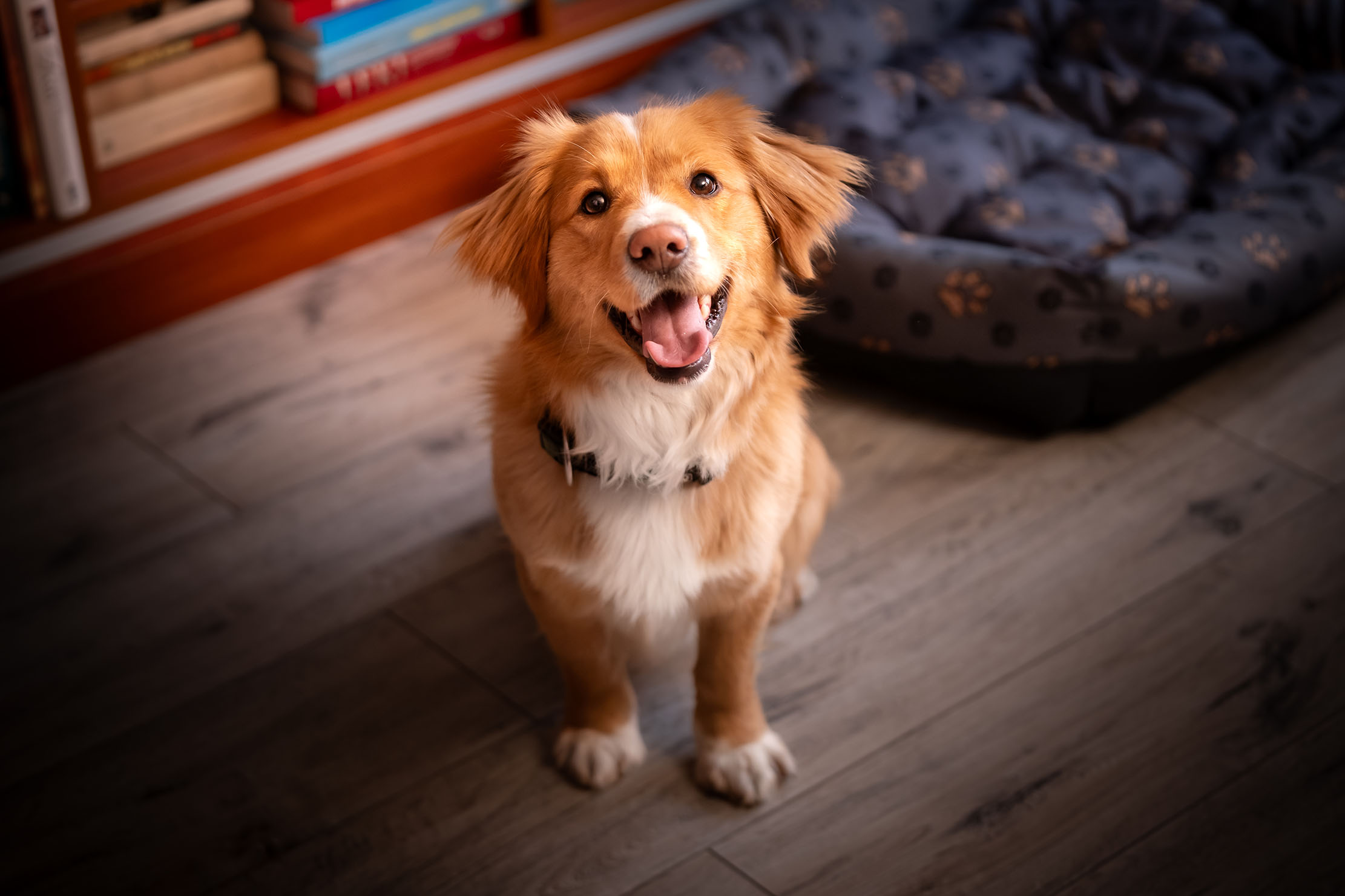
I often get asked about how to deal with a dog who wakes up too early — and it's relatively easy, since those early risers have generally established a new routine.
But dealing with a pet who is normally fine to sleep in, but chooses the odd day to whine, bark and get you out of bed presents a different set of problems, as this week's reader has found out:
Dear Ben, I have a 2-year-old petite goldendoodle, Kona, who has an unusual problem. Normally she's fine in terms of her routine, but once or twice a week she's started start to whine at 4:45 am... and then before long, the whine turns into a bark.My husband works early in the morning and can sometimes be up at 5:15 am, but our goldendoodle will beat him to it — and cause everyone else to get woken up.Kona's crate is in our living room where she has slept from the first day we got her. I am not sure how to get her to stop waking so early, so goes out to the bathroom before bed each night and is usually in her crate by 10-1030pm, so I know she does not need to go out, she just wants attention. Our previous dog before, a Westie never did this, any help would be greatly appreciated. — JN, via email
Many thanks for your message — as always we’ll do our best to answer, but there's no doubt that this is an unusual situation. What’s odd is that it’s only happening a couple of times a week, so we're not looking at a new habit that's been formed — at least, not yet.
So with that in mind, there are a few questions to ask.
Are you leaving water in Kona's crate at night? If so, she might be having too much late evening exercise, then drinking too much afterwards. If that’s happening a couple of times a week it’ll mean she will wake up and need the loo — but of course once you turn up, bleary eyed and in your dressing gown, she might well hold it in so as to enjoy the attention she gets. This can stop you realising that it's the need for a wee which is behind this behaviour.
Secondly, you mention that she's in the same room where she's always slept — but is this a room that’s totally dark? Is it away from potential noise coming from neighbours or passers-by? I’ve come across this before with owners complaining of similar issues, and it's turned out that they have neighbours who have started working shift patterns, or other job or lifestyle changes, which means that they wake earlier, or come home later, and disturb the dog’s routine.
Trying to figure out the root cause of the issues will really help — but you also need some practical steps to take in any case, so here's what to do:
Exquisite houses, the beauty of Nature, and how to get the most from your life, straight to your inbox.
1. Don't over-exercise your dog in the evening
What I like to see in my dogs is that before they go to bed, they've already been in a super-relaxed, calm and settled state for at least the last half hour. It's tempting to let the dog have some fun running around the garden as he goes out for his last wee before bedtime, in an attempt to make sure he or she is tired enough to sleep right through — but as I mentioned above, that can lead to them being overexcited, drinking too much water, and then saving up a problem for you in the early hours.
So, wind down exercise long before bed, and when it's time for your dog's final wee make sure it's calm and relaxed. You can offer her a few sips of water afterwards, but I really mean sips — not gulps.
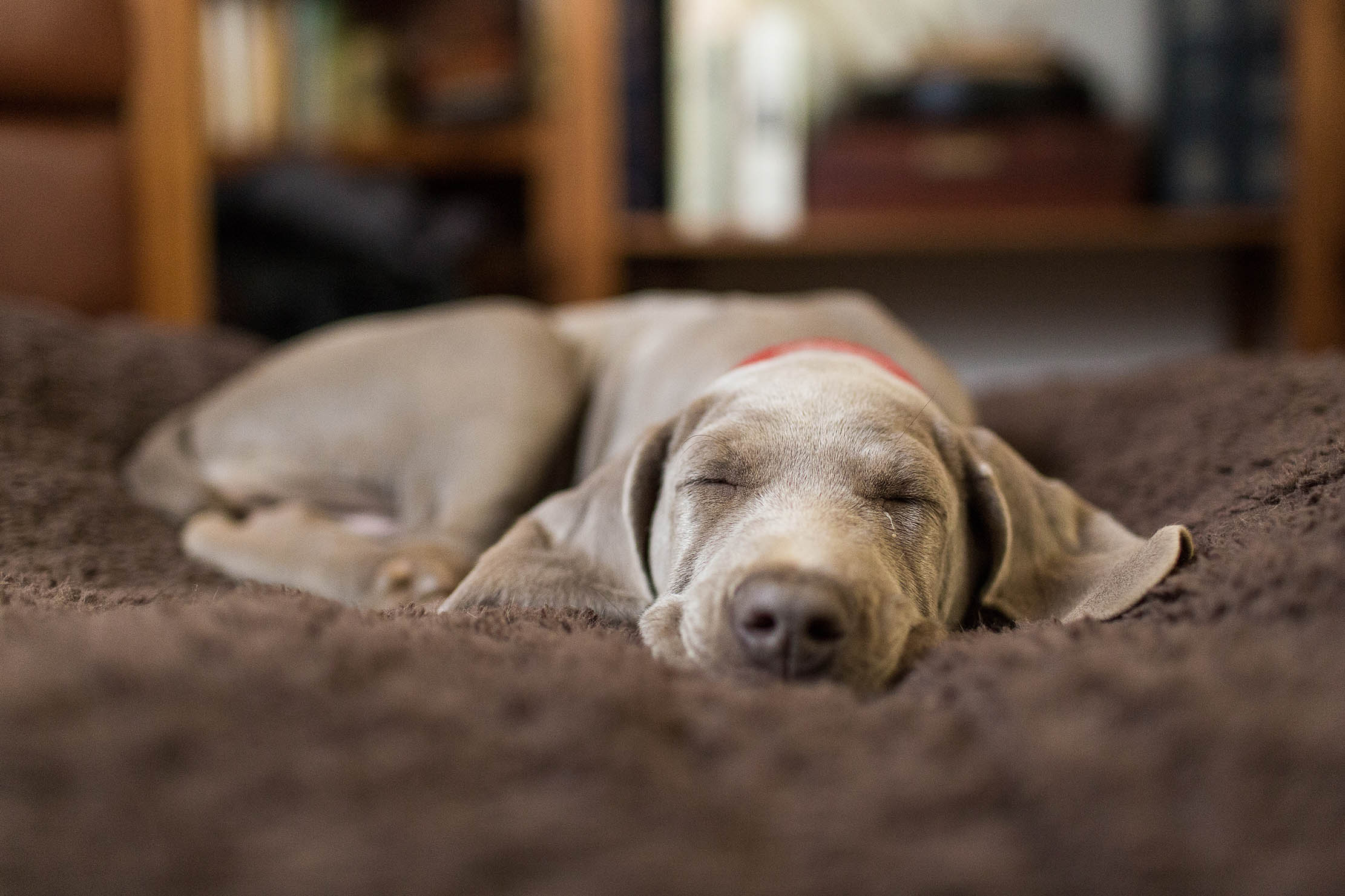
2. Check your dog's dinner time, and toilet time
It's also worth thinking about your dog's dinner time: mine have their evening meal at around 5pm. This normally means they have their last trip out to the loo at 10:30, and if they need — ahem — a 'number two', it’s there at that time. Don't be tempted to do this too early: quite often I have clients who feed their dogs at five and let them out at 9pm — it can be an hour or two too long for a dog to wait from then until the morning.
3. Make sure your dog's crate is as quiet and dark as it can possibly be — but don't put her in too soon
After going to the loo, don’t put your dog in the crate straight away. Let her potter around for a while as you tidy up, draw the curtains, load the dishwasher or whatever jobs you have to do before you go up.
When it comes time for your dog to go to bed in her crate, try and make sure that the room is dark — ideally pitch black — and that it'll stay that way come the morning. If you need to move the location of the crate to get away from neighbour noise, do it.
4. If you still have trouble, reinforce the 'leave' command
If you've done all of the above and the problem is still happening after a week or so of the new routine, you need to take direct action. I’d like you to look at my advice on the leave command, a crucial instruction which effectively just tells your dog ‘stop what you’re doing’. If the whining continues you may have to get up once or twice that morning, but don't give in — this will just let her think that whining works. Instead, walk down to the crate and give a firm verbal ‘leave’ command. It might seem harsh at first, but stick with it — because we really don't want any more future early mornings for you.
Ben Randall’s book, ‘How to Train Your Gundog’, is out now. You can order it here at £40.
For more detailed advice about Ben Randall’s positive, reward-based and proven BG training methods, one-to-one training sessions, residential training or five-star dog-boarding at his BGHQ in Herefordshire, telephone 01531 670960 or visit www.ledburylodgekennels.co.uk. For a free seven-day trial of the Gundog app, which costs £24.99 a month or £249.99 a year, visit www.gundog.app/trial

Ben Randall: Ask Country Life's canine agony uncle a question about your dog
Over the past two years our award-winning dog trainer Ben Randall has been sharing his advice with Country Life readers.
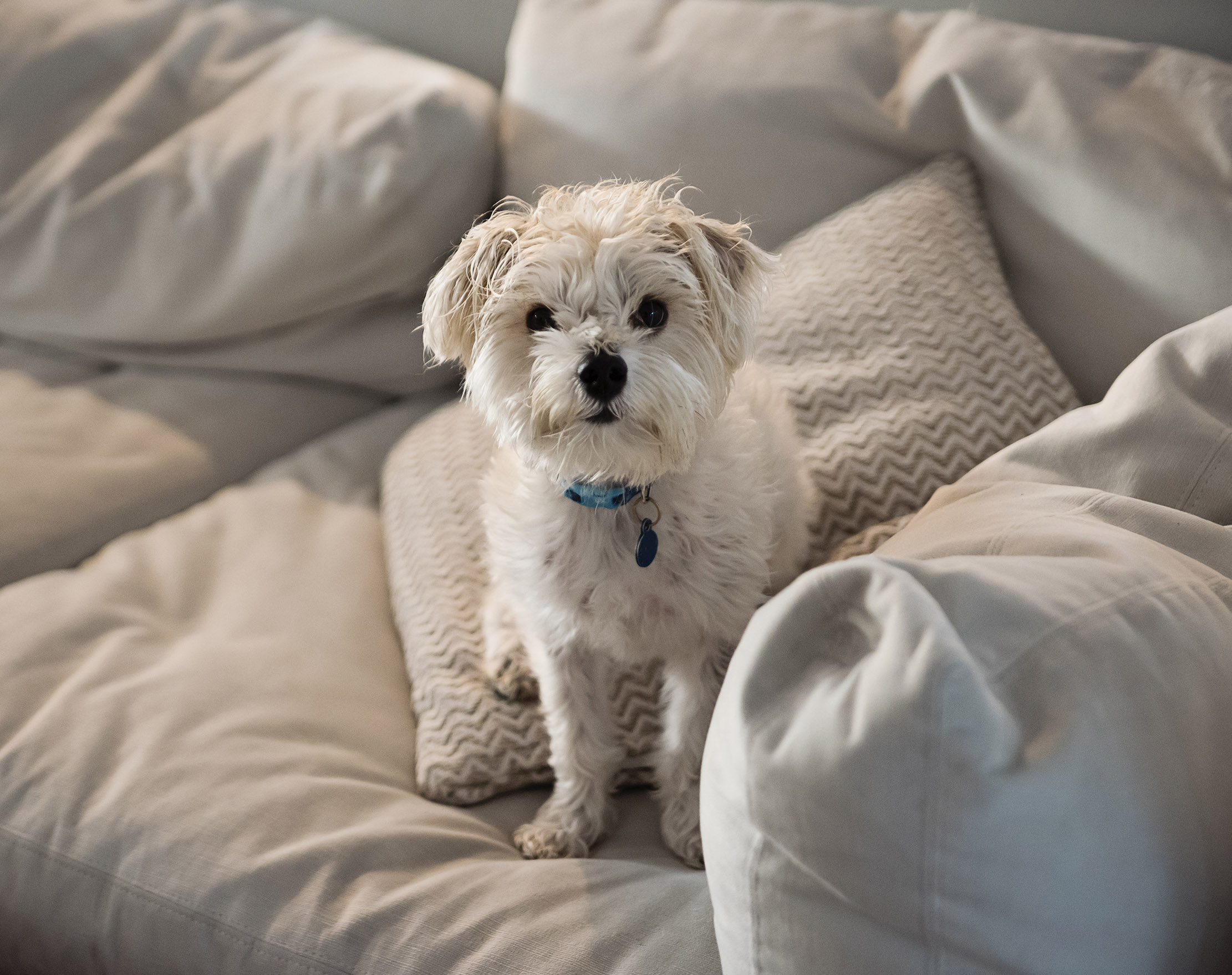
How to toilet train a dog who just doesn't get it, by award-winning trainer Ben Randall
Most dogs take to toilet training quite quickly, but for owners of dogs who don't, it can be an exhausting
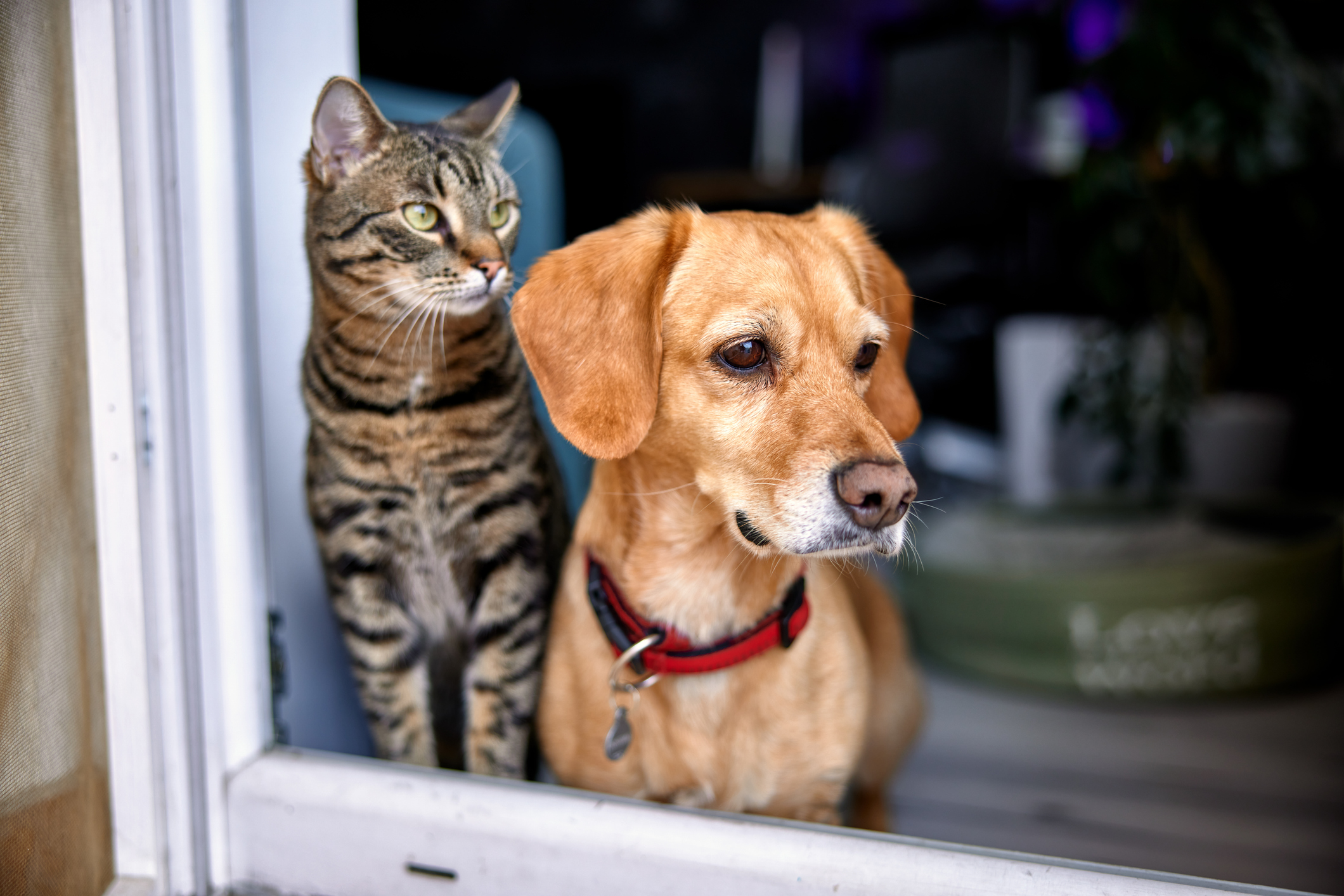
How to stop your dog from chasing and barking at cats, by expert trainer Ben Randall
The conflict between cats and dogs seems to be as old as time, but it really doesn't have to be
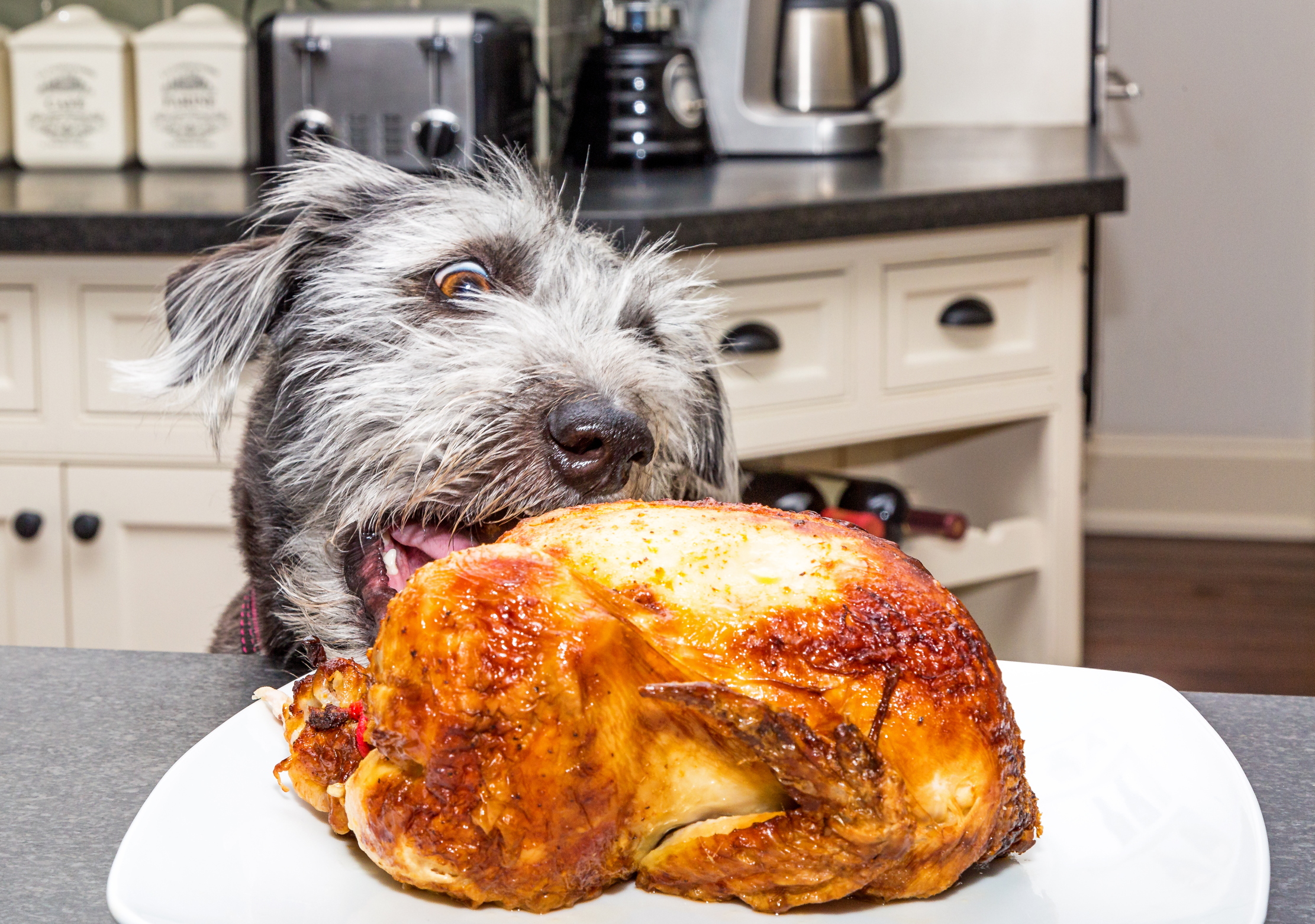
Credit: iStock/Getty Images
How to stop your dog counter surfing, by expert trainer Ben Randall
This week, our A-list dog trainer Ben Randall tells us how to stop our dogs from getting on the kitchen
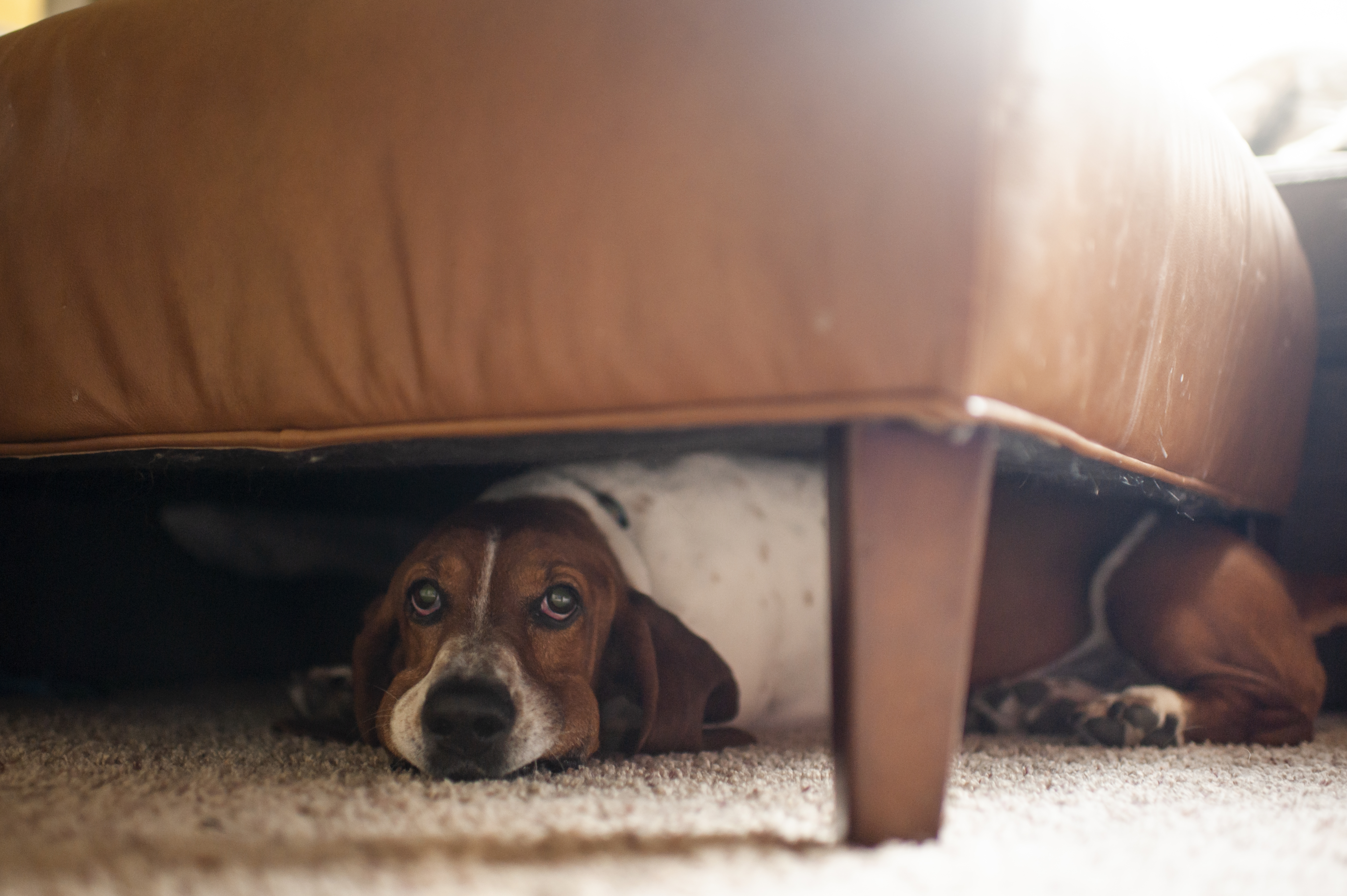
Credit: Getty
How to deal with a dog who is scared of men, by expert trainer Ben Randall
This week, our A-list dog trainer Ben Randall deals with a tricky topic: an adopted dog who seems to be
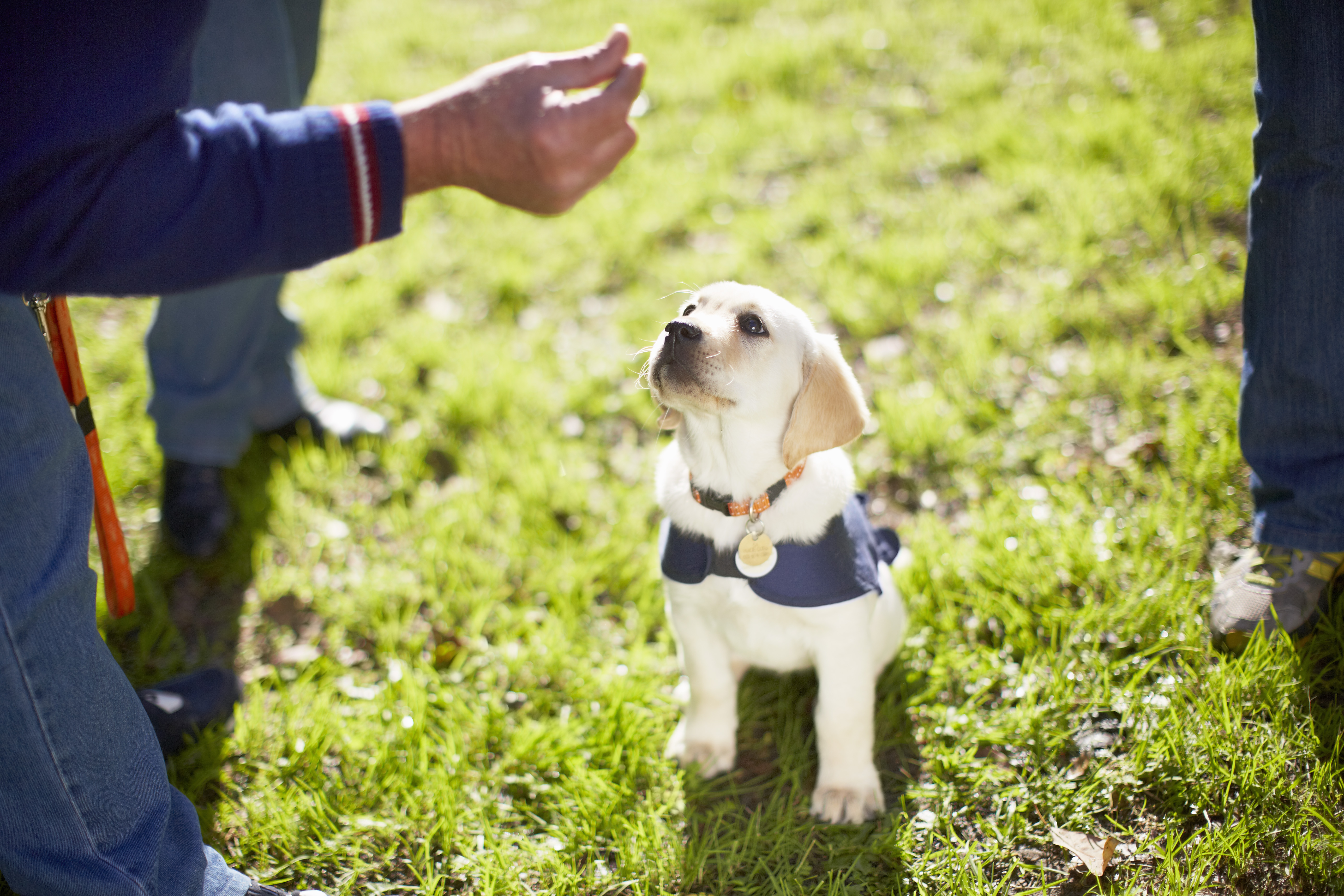
Credit: Getty Images/Westend61
How to teach a dog to sit: Five tips from leading dog trainer Ben Randall
Teaching your dog to sit is one of the most important things you can do — and it will help with
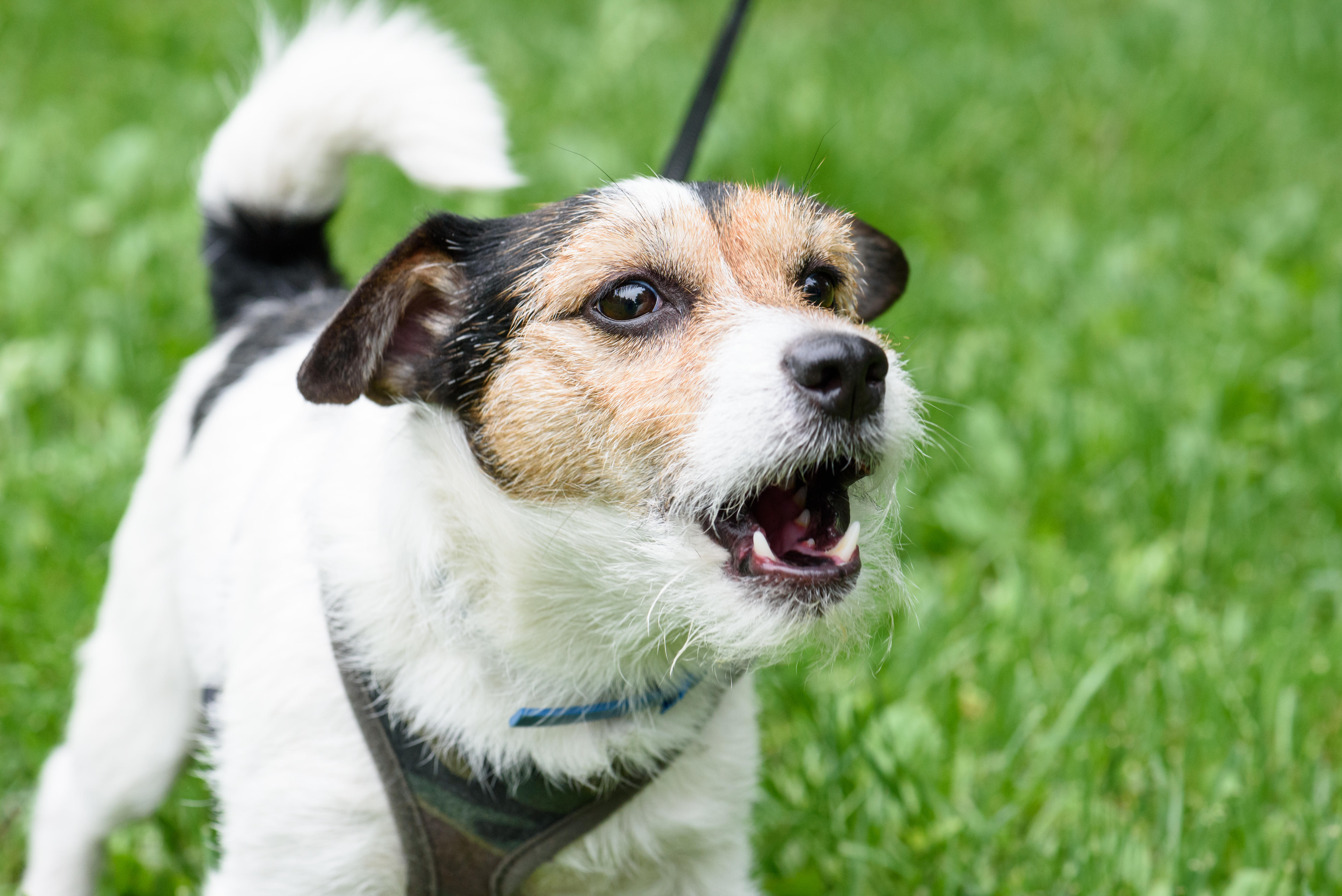
'My dog keeps barking at my sister — what can I do?' Canine agony uncle Ben Randall has the answer
The A-list dog trainer Ben Randall shares his advice on how to deal with a dog who's taken against someone
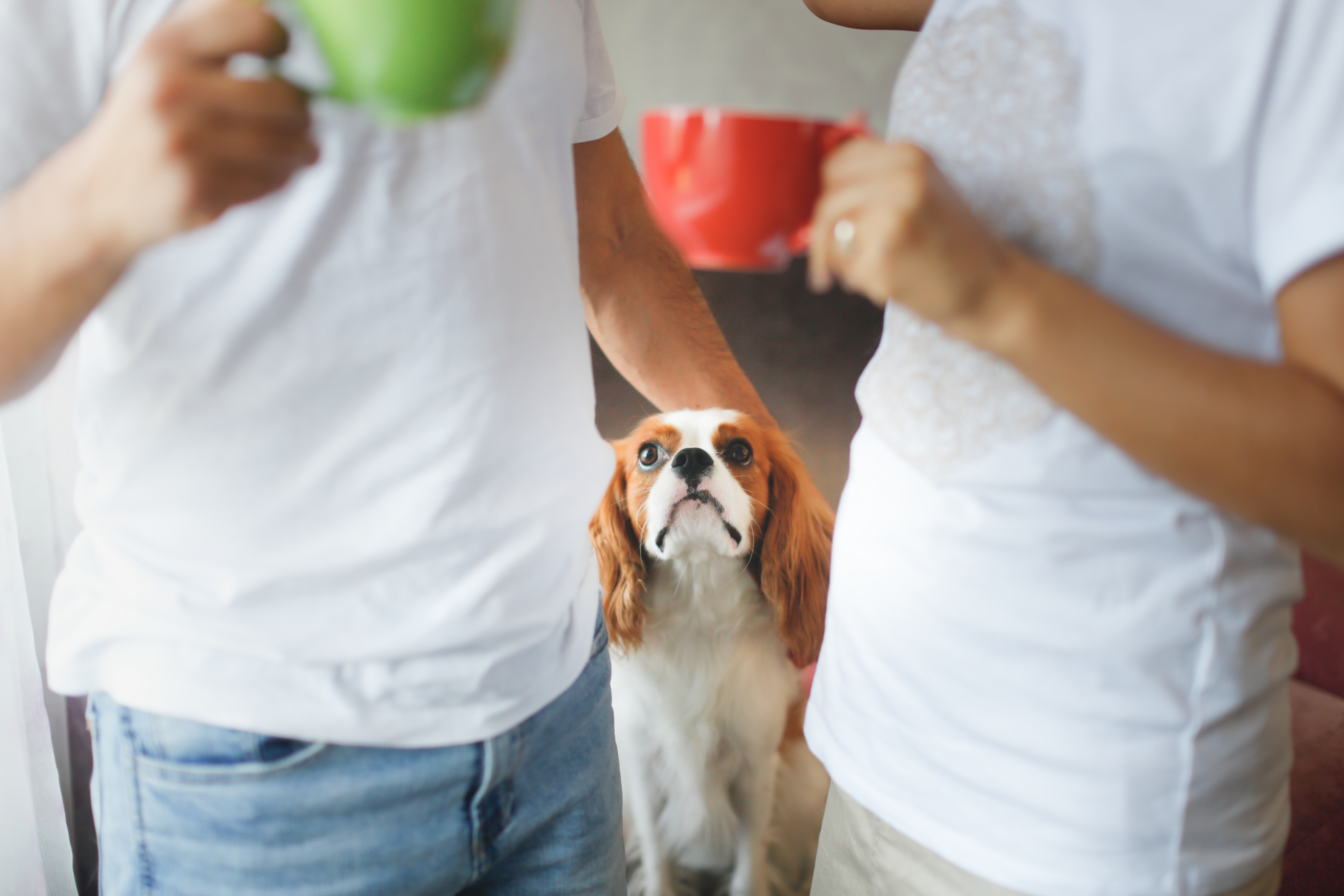
Credit: Getty Images
'My dog doesn't like my husband. What can I do?' — Expert trainer Ben Randall has the answer
For many of us, our dogs are like members of our family, but what do you do when your canine
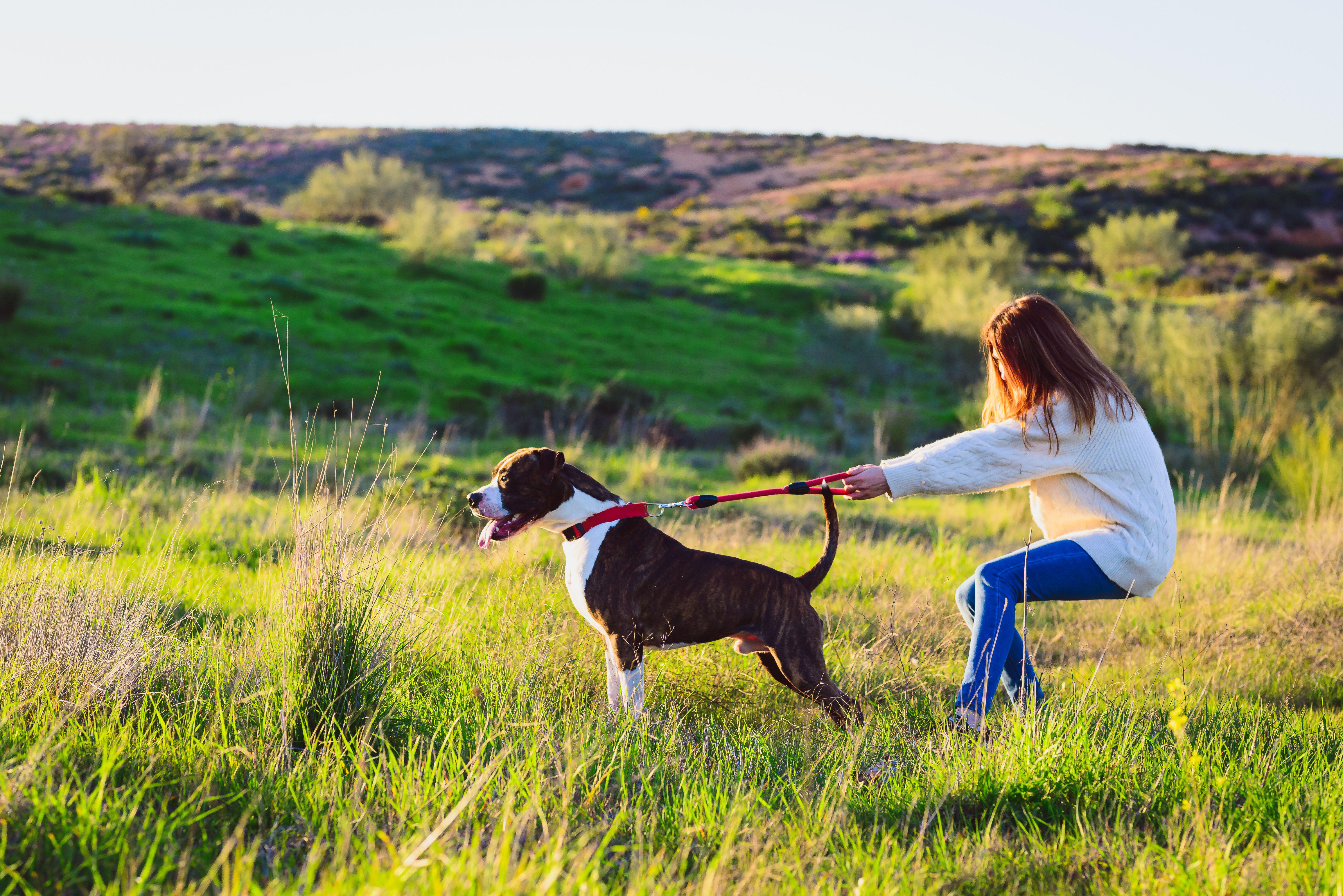
How to stop your dog pulling on the lead, by A-list trainer Ben Randall
Top trainer Ben Randall talks through one of the most common problems dog owners face: a pooch who pulls on
